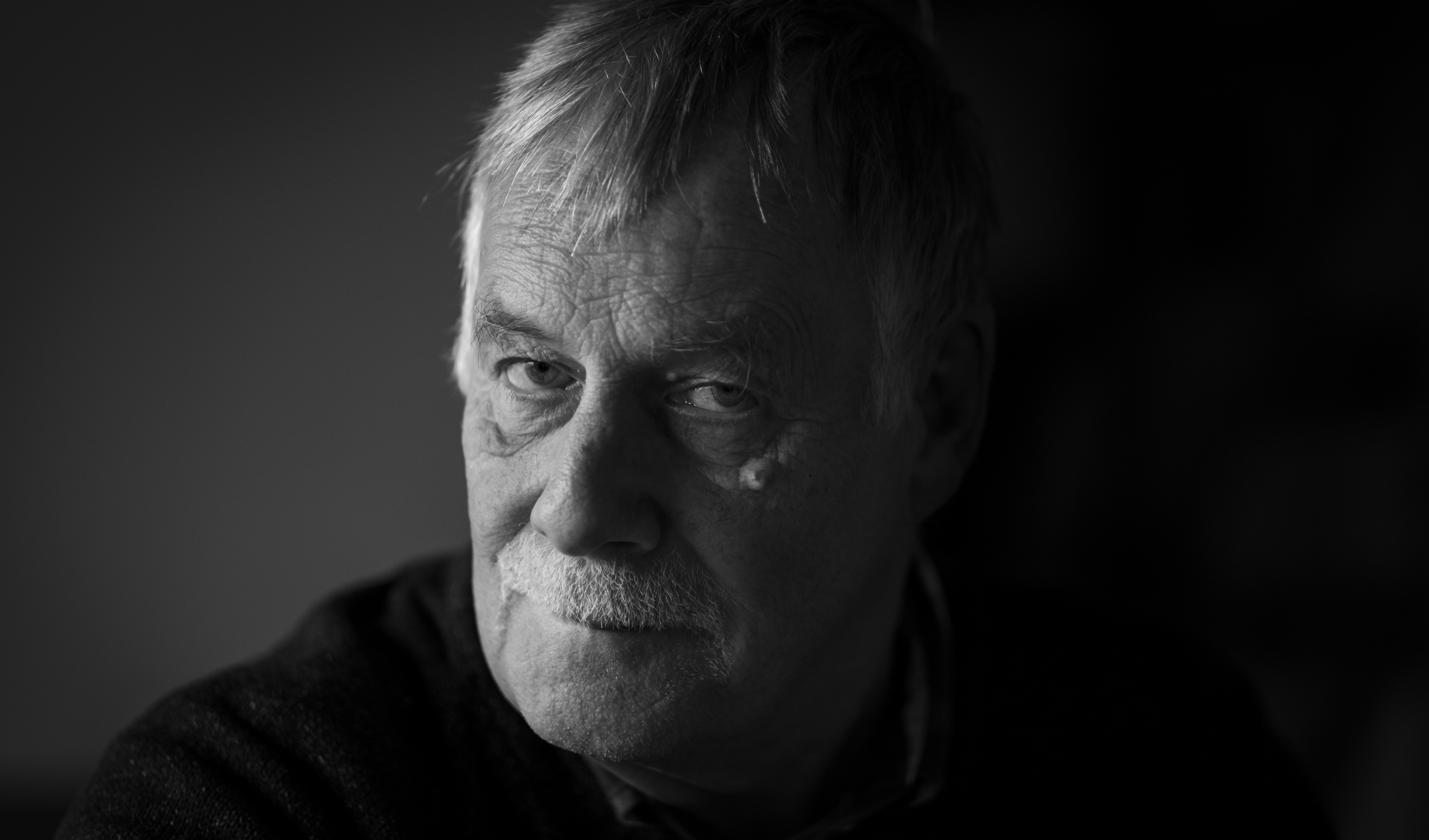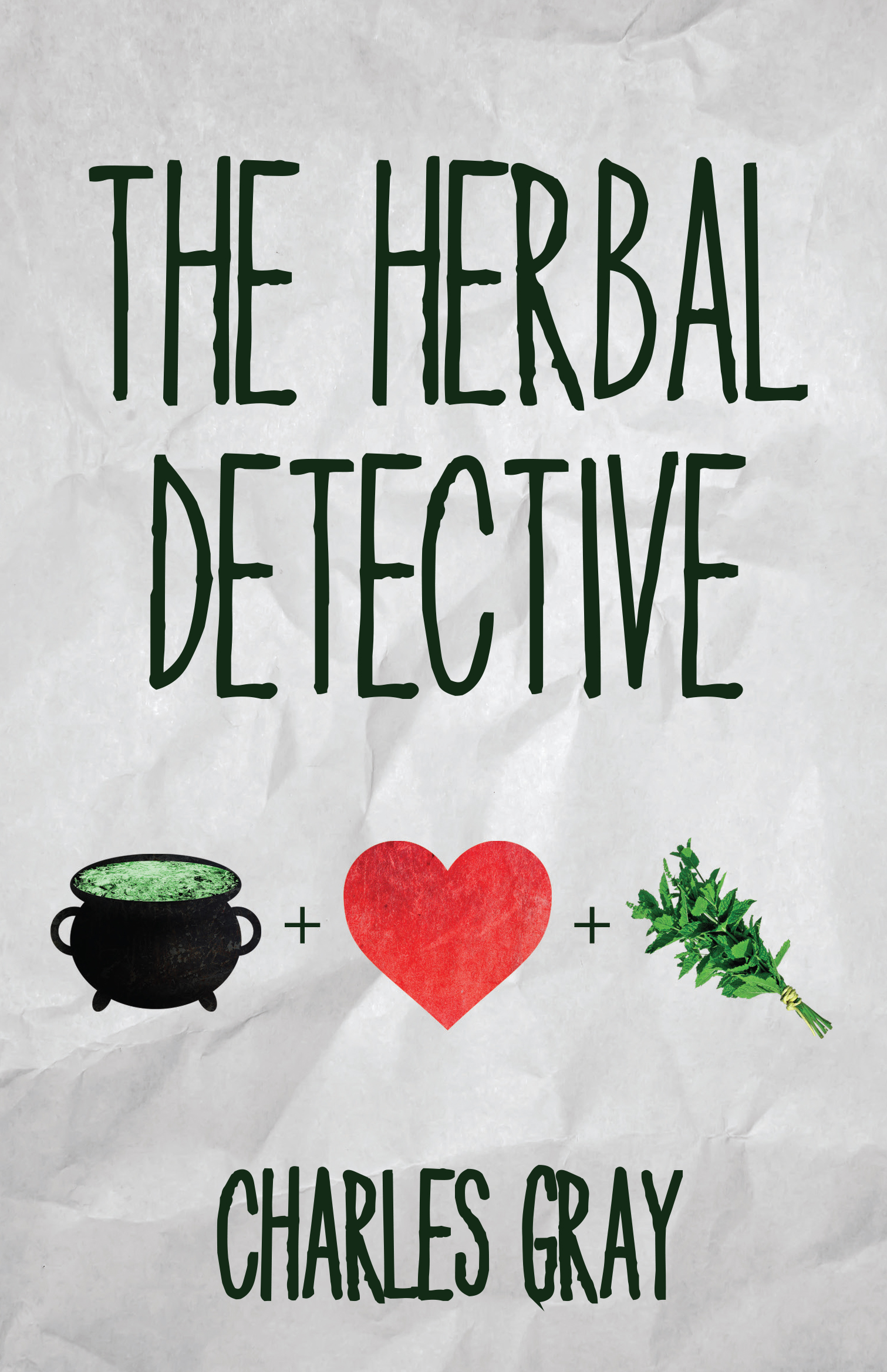My very good friend, Jackie McLean, author of ‘Toxic’ and ‘Shadows’, is here to chew the fat today. Jackie has appeared on this blog a few times but she’s always such fun and has plenty of advice to give aspiring writers.
My thanks to Jackie – for sharing her time and wisdom with us in addition to being a wonderful, thoughtful friend.
Vic x

Tell us about your novels.
At the moment, I have two crime fiction books that are published by ThunderPoint Publishing Ltd:
Toxic – An anonymous tip-off sparks a desperate race against the clock to track down the illegal storage of the deadly toxin that was responsible for the Bhopal disaster, the world’s worst industrial accident. However the two senior investigating officers are as volatile as the toxin they’re trying to find, and tensions run high. For the lead character, DI Donna Davenport, the investigation becomes personal. She’s recently broken up with her partner Libby, but Libby’s brother is being set up as a suspect, and Donna struggles with the conflict.
Shadows – When DI Donna Davenport is called out to investigate a body washed up on Arbroath beach, it looks like a routine murder inquiry. However, it doesn’t take long before it begins to take on a more sinister shape. There are similarities with a previous murder, and now a woman who is connected with them goes missing. Meanwhile, Donna can’t shake off the feeling that she’s being watched, and she is convinced that Jonas Evanton has returned to seek his revenge on her for his downfall. Fearing they may be looking for a serial killer, the trail leads Donna and her new team in an unexpected direction. Because it’s not a serial killer – it’s worse.

What inspired them?
I originally wrote Toxic because I wanted to write something set in my home town, Arbroath. It’s by the sea, and has caves in the cliffs, so a smuggling story seemed obvious. In that first version, it was genetic modification (of food) experiments that were being smuggled in and out of the country, but I couldn’t really do anything exciting with that. I needed a dangerous substance that behaved in particular ways, and my nephew – a forensic toxicologist – suggested I look at the Bhopal disaster. As soon as I learned about the substance responsible, I knew it was the one for my storyline. But the research left me deeply disturbed about what happened to the people of Bhopal, who to this day have never received justice for the blatant failures of the company responsible, and so I hope to be able to raise some awareness of that.
The storyline for Shadows came out of a discussion with a friend of mine who’s a midwife, and who told me about some of the murkier sides of her work. She was keen to find a way to highlight what’s going on, and wanted me to write about it.

Where do you get your ideas from?
A lot of the stuff I’ve written is actually based on dreams that I’ve had. However, in recent years I’ve suffered insomnia, so have resorted to spying on people instead. I work full time, and there are always good snippets of information at meetings and in office gossip that can be built into a plot…
Do you have a favourite story / character / scene you’ve written?
My favourite form of writing is actually screenwriting, and I’ve written some comedy pieces with my partner Allison. When we write comedy scripts together, sparks fly and the writing is just great fun. So, while I enjoy whatever it is I happen to be writing at any one time, the screenwriting with Allison is my favourite.

What’s the best writing advice you’ve ever been given and who it was from?
The best writing advice I’ve seen came from Dr Jacky Collins, whose advice to aspiring crime writers is to get along to their nearest Noir at the Bar and get involved. There is lots of advice out there on how to write – from style, to good writing habits – but I’ve found the best motivation and confidence-builder to me for writing has come from being around other writers, and from the tremendous support we give each other.
What can readers expect from your books?
I hope first and foremost that they’ll enjoy a gripping good read. Characters that they can get to know and understand, and short chapters for a quick read after a hard day at work.
Beyond that, I’m interested in the relativity of crime: by that, I mean there’s always a wider context behind the actual crime that we see, and none of us really can wash our hands of that. For example, the company responsible for the Bhopal disaster clearly cut corners and ignored safety procedures that would have prevented the catastrophe. But companies cut corners all the time, largely because all of us want to buy our goods as cheaply as possible. We’re not very accepting of price tags that reflect the full costs of production – costs that relate to environmental and human pressures. If we buy cheap, it means somebody else – with less power than us – pays the full price. While I don’t want to be preachy, I do think we need to be more aware of our own contribution to the crime we see around us, and I hope my books will give a glimpse into that, too.
Have you got any advice for aspiring writers?
You need to love and enjoy what you’re writing. If you want to take it further, and want to see it published, I’d say study the market and treat your finished work like a business. There are rules, and you need to know what these are in your particular genre. When I completed Toxic, I hadn’t thought of it in terms of genre at all, until I researched the publishing world and realised it had to “fit” somewhere, so I re-drafted it to be more compatible with the crime fiction market.
What do you like and dislike about writing?
There are a number of aspects to writing, for example the actual act of writing, researching your topic, and the writing life.
On writing itself, this is going to sound ancient, but I went to school in the days before computers were invented. There, I’ve said it! All of our work was handwritten, including all of our creative writing. When I was a kid, I wrote all the time, and find today that I can still only write creatively if it’s by hand. If I try to write directly onto the screen, it comes out like a work report. Oddly, I both like and dislike that I need to hand write first. I enjoy the feeling of writing by hand, but it does make for double the work.
Researching your topic is really important, and should be enjoyable. If you find the research dull, you’re maybe not writing from the heart. However, you do have to be careful, especially when you’re researching for crime fiction. I inadvertently ended up on a terrorist recruitment website recently while researching smoke grenades (and I was only trying to find out if they make a noise…).
As to the writing life, meeting up with other writers and folk involved in the book world (readers, bloggers, booksellers, publishers, etc) is great. I don’t know about other genres, but in crime writing there’s a real sense of belonging and support, and I say that as someone who’s fairly shy and doesn’t find it terribly easy to do the networking stuff.
Are you writing anything at the moment?
I’m writing the third Donna Davenport book (Run), which completes a particular storyline that started in Toxic. I’ve also begun to outline two more books, and can’t quite decide which one to go for first. One is another Donna Davenport book. Here’s a sneak preview of the other one:
Death Do Us Part – Diane knows she’s the piece in her husband Rick’s deadly game. Claiming the glory when he kills her lovers – who line up to take him on, like rutting stags – keeps Rick as the undisputed crime lord, and their life of riches intact. Dutifully she plays the game. They line up. He conquers. She lives.
Then one day the rules of the game change forever. Diane falls in love with Claire. They both know Rick won’t challenge a woman – there’s no status in that. If he finds out, Diane’s life will be over.
There’s nowhere to turn for help. Claire is the crime gang’s chief mechanic, and as well as knowing where all the bodies are buried, she’s in it up to her neck.
The pair can’t risk being found together.
The only option open to them is to go on the run, but Rick has a reputation to defend, and they’ll have to outplay him at his own game if they’re ever to be truly free.
I also can’t decide if it’s crime or romance – what do you think?
What’s your favourite writing-related moment?
I’ve recently begun to run creative writing sessions, along with a former colleague, for men who are in prison or who have recently been released. Each time we meet, there’s a new favourite moment, and I’ve been blown away by the power of creative writing to mend broken lives. For example, one of the guys, who protested that writing wasn’t his thing and that he couldn’t do it, eventually wrote a poem. He declared that the experience had given him a bigger high than any drugs. That’s priceless, and it’s what I love about writing. Now I’m welling up.






 Tell us about your book.
Tell us about your book.














